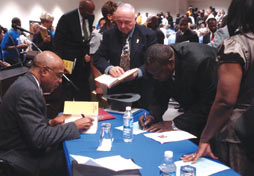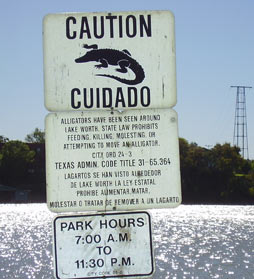
Pat Marling, NE Campus registered nurse, shares advice on the MRSA bacteria.
Q: What is MRSA?
MRSA stands for methicillin-resistant staphylococcus aureus. It causes an infection that is resistant to several common antibiotics. Actually there are two kind of MRSA. One is hospital associated, and the other is community associated. The recent news has been focusing on community-associated MRSA.
Q: How common is the normal staphylococcus bacteria?
Staph bacteria are normally found on about one-third of the population. If you have staph on your skin or in your nose but aren’t sick, you are said to be “colonized” but not infected with MRSA. Healthy people can be colonized with MRSA and have no ill effects; however, they can pass the germ to others.
Staph bacteria are generally harmless unless they enter the body through a cut or other wound, and even then they often cause only minor skin problems in healthy people.
But in older adults and people who are ill or have weakened immune systems, ordinary staph infections can cause serious illness called methicillin-resistant staphylococcus aureus or MRSA.
Q: Where is it normally found?
Normal staphylococcus aureua bacteria is commonly found on people’s skin or nose.
Q: What is the best way to avoid coming in contact with MRSA?
Community-associated MRSA happens to people who have close skin-to-skin contact with others, such as athletes. Protecting yourself from CA-MRSA—which might be just about anywhere—may seem daunting, but these common-sense precautions can help reduce your risk or prevent community-associated MRSA:
• Practice good hygiene.
• Keep cuts and scrapes clean and covered with a bandage until healed.
• Avoid contact with other people’s wounds or bandages.
• Avoid sharing personal items, such as towels, washcloths, razors, or clothes.
• Wash soiled sheets, towels and clothes in hot water with bleach and dry in a hot dryer.
Q: What are the symptoms of someone who has been infected with MRSA?
Staph infections, including MRSA, generally start as small red bumps that resemble pimples, boils or spider bites. These can quickly turn into deep, painful abscesses that require surgical draining. Sometimes the bacteria remain confined to the skin. But they can also burrow deep into the body, causing potentially life-threatening infections in bones, joints, surgical wounds, the bloodstream, heart valves and lungs.
Q: Several schools across the country, including a Virginia community college, have closed to clean its facilities. What is the likelihood of that happening at TCC?
I would think that the likelihood of closing TCC due to MRSA infection would be minimal. As long as our students and staff follow good hygiene practices and readily treat any suspected skin infections, the risk of contacting MRSA on campus is minimized.
Q: What can students and faculty do to protect themselves from the bacteria?
Students and staff can protect themselves by staying informed, practicing good hand washing or using hand sanitizers, cleaning shared athletic equipment, covering any cuts or broken skin and getting appropriate treatment from their physician for suspected infections.





























